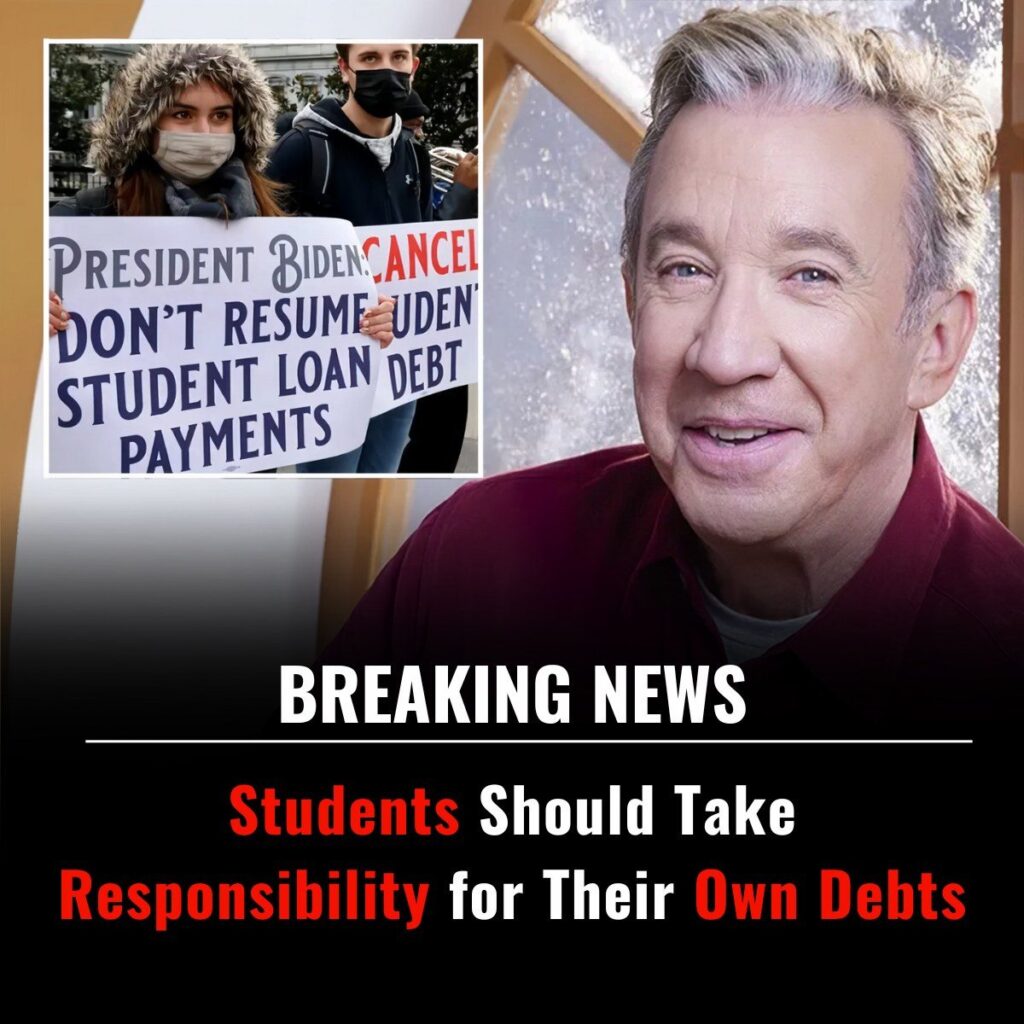
Students Should Take Responsibility for Their Own Debts
The debate over student loan forgiveness has sparked intense discussions across the nation. While some argue for widespread forgiveness as a solution to the student debt crisis, others maintain that students should take responsibility for the loans they voluntarily agreed to. Personal accountability, financial literacy, and the value of commitment are core principles that must not be overlooked in this debate.
Understanding the Problem

It’s no secret that the cost of higher education has skyrocketed in recent decades. Many students graduate burdened with tens, if not hundreds, of thousands of dollars in loans. But while the system is undoubtedly flawed, simply erasing debt does not address the root cause of the problem. Instead, it risks setting a dangerous precedent, undermining personal responsibility, and placing an unfair burden on taxpayers—many of whom have either already paid off their debts or never incurred them in the first place.
The Case for Responsibility
- Loans Are Agreements, Not Handouts
- A student loan is a contract, and like any contract, it carries obligations. When students sign their loan agreements, they are committing to repay the borrowed funds. To later demand forgiveness undermines the very principles of accountability and trust that form the foundation of such agreements.
- Encouraging Financial Literacy
- Holding students accountable encourages a better understanding of financial planning and budgeting. If students know they must repay their loans, they are more likely to choose affordable schools, pursue in-demand fields, and carefully consider the return on investment of their education.
- Avoiding Moral Hazard
- Blanket forgiveness programs risk creating a moral hazard, where future borrowers assume their debts will also be forgiven. This could lead to even higher borrowing and less consideration of the financial impact, exacerbating the issue rather than solving it.
Fairness to Others

Loan forgiveness programs often ignore the sacrifices made by those who have already repaid their loans or avoided debt altogether. Parents who worked multiple jobs to pay for their children’s education, students who attended community colleges to save money, and individuals who chose not to pursue higher education for financial reasons are effectively penalized when forgiveness is granted indiscriminately.
A Balanced Approach
While students should take responsibility for their debts, this doesn’t mean there isn’t room for reform. To address the student debt crisis holistically, several measures could be considered:
- Lowering Tuition Costs: Colleges and universities should be held accountable for the rising costs of education. Greater transparency and regulation can help curb unnecessary expenses.
- Improving Loan Terms: Interest rates on student loans could be adjusted to be more manageable, allowing borrowers to repay their loans more easily.
- Expanding Financial Education: High schools and colleges should emphasize financial literacy to help students make informed decisions about borrowing and budgeting.
- Targeted Forgiveness Programs: For borrowers in extreme situations—such as those working in low-paying public service jobs or facing medical hardships—targeted relief could be a fair compromise.
Conclusion
Students must take ownership of their decisions and the financial obligations they incur. Accountability builds character and ensures individuals are prepared to handle the responsibilities of adulthood. While systemic reforms are necessary, widespread debt forgiveness risks devaluing education and undermining the hard work and sacrifices of millions of Americans.
Ultimately, the solution lies not in erasing debt but in fostering a culture of responsibility, financial awareness, and fair opportunity for all.